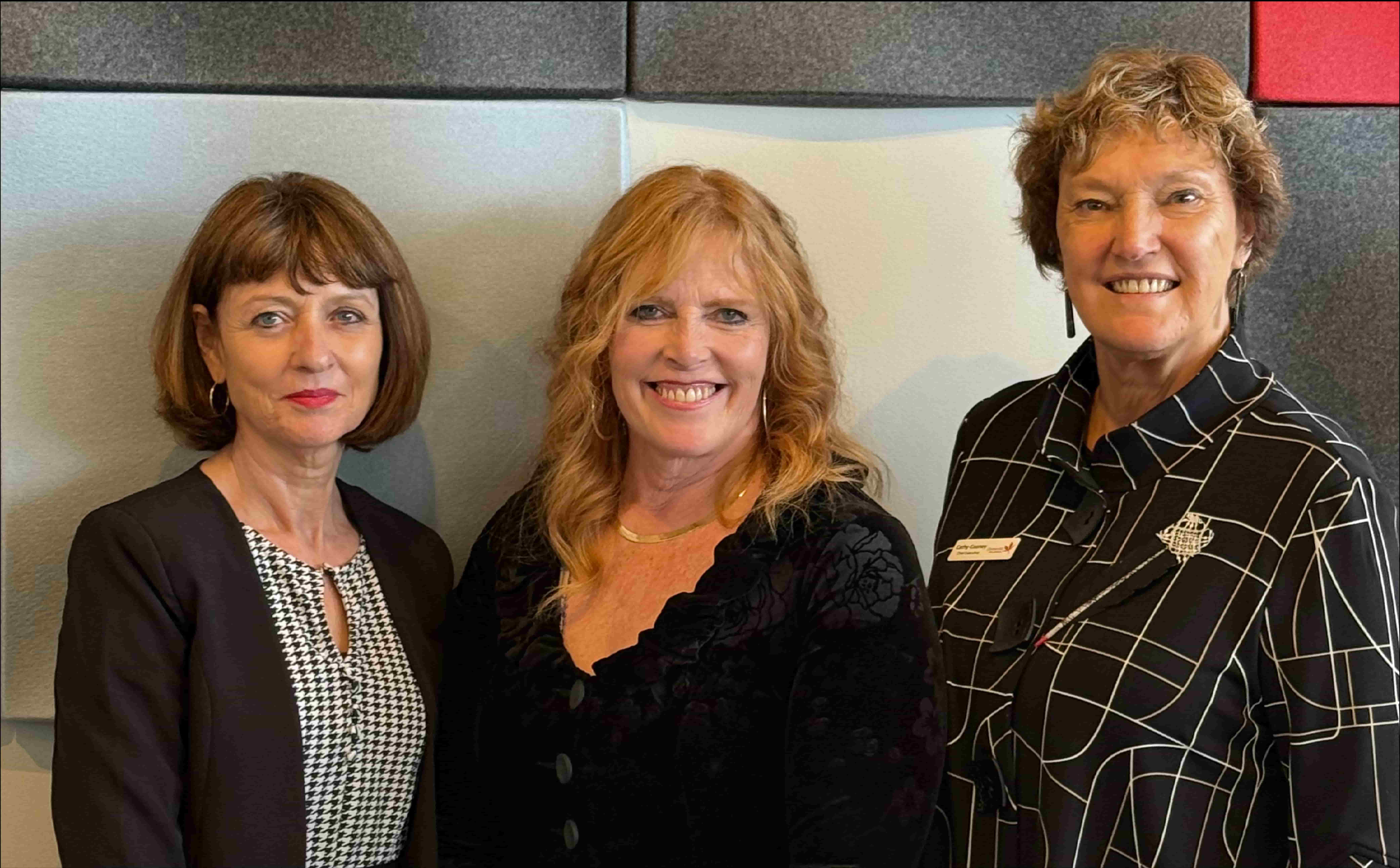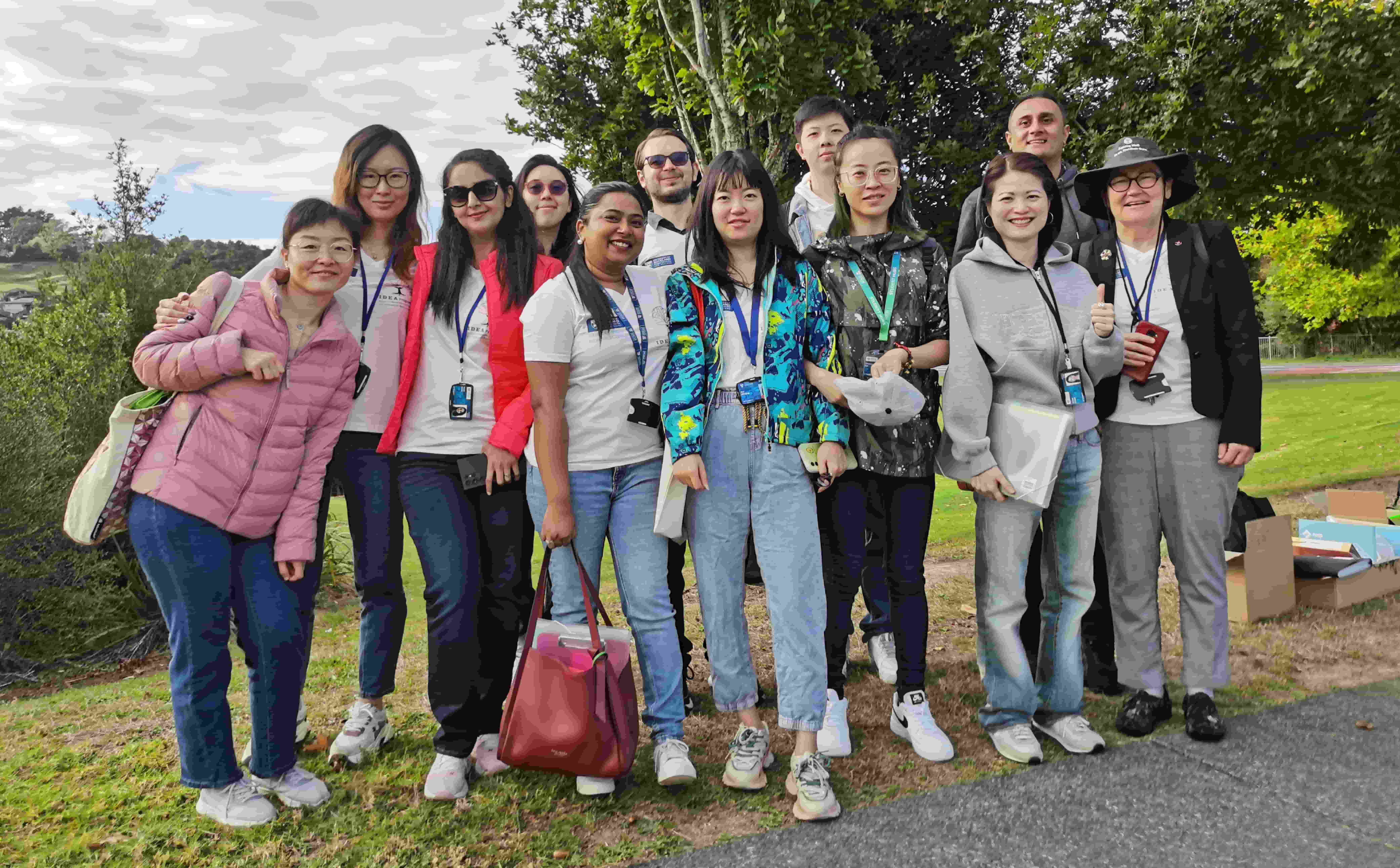What is Dementia?
Dementia is a complex condition that can be both heartbreaking and bewildering. Dementia is not one specific disease, but an umbrella term that is used to describe approximately 100 different illnesses.
This debilitating condition affects a person’s ability to think, reason, and remember. It is a progressive condition that slowly and steadily worsens over time, and it can have a profound impact on a person’s daily life, as well as the lives of their family.
Imagine a library where books gradually disappear from the shelves, leaving only fragments of information scattered throughout the aisles. Similarly, dementia can strip away a person’s memories, knowledge, and personality, leaving them feeling lost and disconnected from the world around them.
Dementia is caused by physical changes in the brain, such as the buildup of abnormal proteins or damage to brain cells, and there are many different types of dementia, each with their own unique characteristics and causes. While there is currently no cure for dementia, there are treatments and strategies that can help manage symptoms and improve quality of life.
It’s important to understand that dementia is not a normal part of aging, and seeking medical attention early on can make a significant difference in the progression of the disease.
Dementia Facts
- Over 70,000 New Zealanders currently live with dementia every day
- 4 out of 5 people know someone who has it.
- Dementia is more likely to be diagnosed in adults over 65 years old with a higher percentage in adults over 80.
- Dementia also has been experienced by people much younger.
- Dementia is not ‘just part of the normal aging process’
- It affects people of all cultures, intellectual abilities and lifestyles.
- Some people may be predisposed to Dementia by pre-existing conditions including head injury, concussions, family history.
- Dementia is a progressive condition – it starts off with mild symptoms and gets worse over time.
- Every person with dementia is affected differently.
- How quickly and in what ways the dementia progresses will depend on each individual.
- There is no current cure for dementia, however, there are a number of things that people with dementia and their family/whanau can do to live well and support their wellbeing.
Frequently Asked Questions
Is dementia just a normal part of aging?
Dementia is not a normal part of aging. While some cognitive decline can occur as part of the natural aging process, dementia represents a distinct and significant impairment in memory, thinking, and overall cognitive abilities. Younger Onset Dementia, also known as early-onset or early-stage dementia, refers to the development of dementia symptoms in individuals who are under the age of 65. While dementia is commonly associated with older adults, it can occur in younger individuals as well.
My mother has Alzheimer’s disease. Will I get it?
It is only in a few rare cases where Alzheimer’s disease runs in families. In these types of cases, there is a direct link between an inherited mutation in one gene and the onset of the disease. There are rare familial forms of dementia caused by genetic mutations such as familial Alzheimer’s disease, frontotemporal dementia and familial vascular dementia, which are more likely to occur in people under the age of 65.
For families where this is the case, family members, such as brothers, sisters and children, have a one in two chance of developing Alzheimer’s disease.




